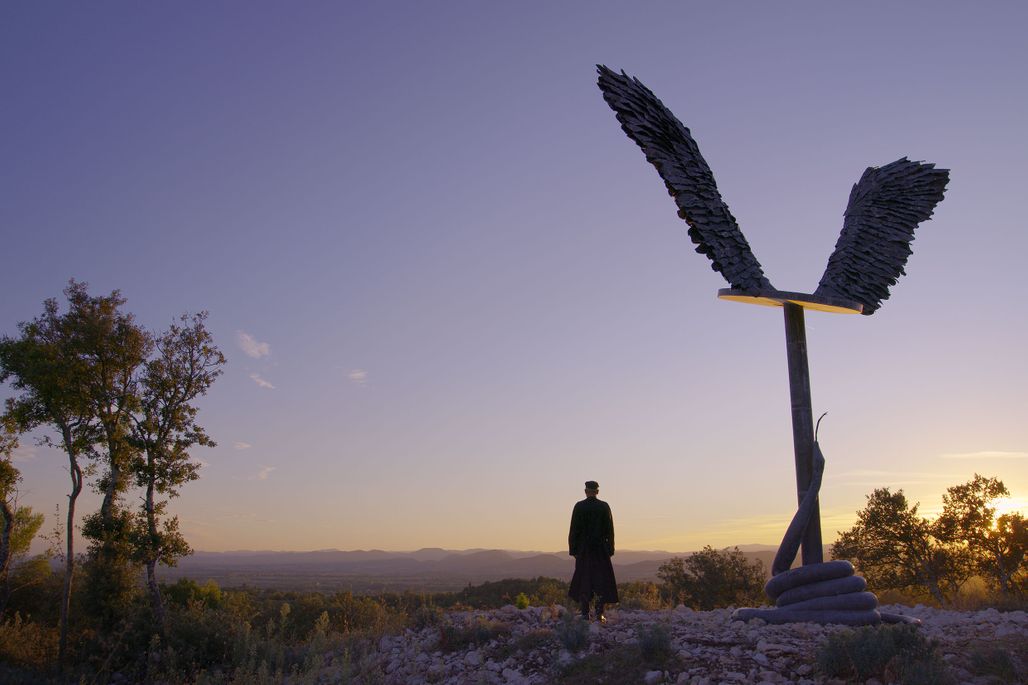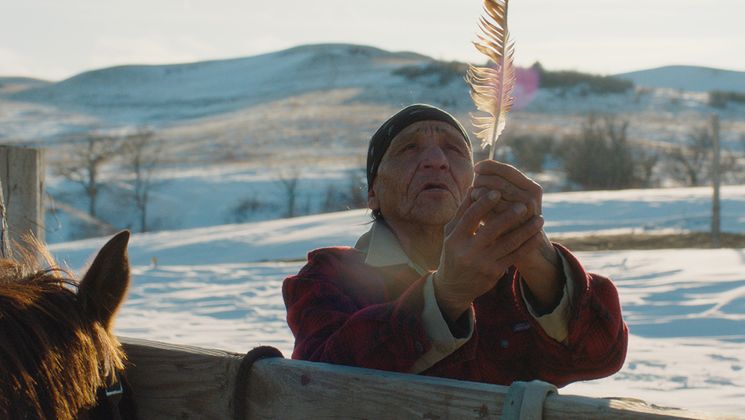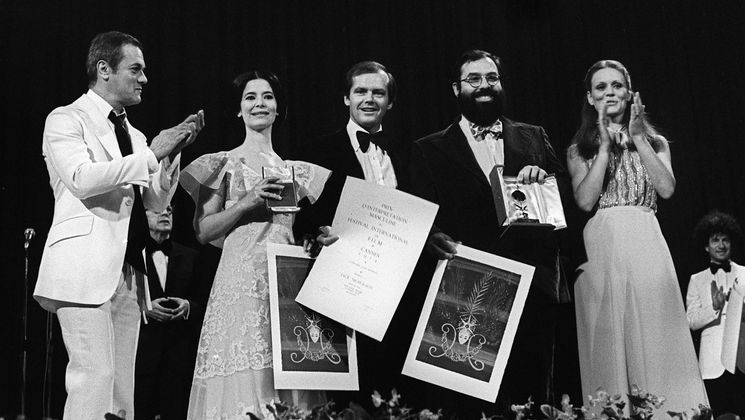
Anselm: an interview with Wim Wenders

Prolific director Wim Wenders has two films in the Selection this year: a fictional feature film in Competition, Perfect Days, and a documentary Anselm, dedicated to the work of contemporary German visual artist, Anselm Kiefer, shown as a Special Screening. Here we discuss Anselm with the director of The Salt of the Earth, Un Certain Regard Special Prize winner in 2014, and Pope Francis, presented as a Special Screening in 2018.
Why did you choose to focus on the artist Anselm Kiefer?
We had been planning to make a film together for a really long time. I’ve been always impressed by the immense scope of his work, reaching deep into history, astronomy, philosophy, biology, physics and myths. There are no limits to his palette or his imagination. And like no one else I know, he is able to incorporate “time” into his work and make its traces visible. When I finally visited the huge studio-estate he has created in the South of France in Barjac, and saw the new work in his atelier in Croissy near Paris, I knew that the time had come to make the film.
Do you usually know the artists you write about personally or is this not important to you?
It’s not my priority. I had never met the old Cuban musicians from Buena Vista Social Club before we started shooting. Nor Sebastião Salgado, or Pope Francis. I did know Pina Bausch, she was a good friend, and I have known Peter Zumthor for years, about whom I am currently developing a film.
What angle did you choose to describe Kiefer’s fantastic career?
It’s the work itself that drives the film; it’s a biography of his art. With the help of 3D (now technically so much more advanced than when we made PINA with prototype equipment), I could allow the audience to actually be in Barjac, experience the underground world and the crypt he created there, as well as the other amazing sites, and really immerse themselves in the universe of Anselm Kiefer. They can stand in his mind-blowing exhibition inside the Palazzo Ducale in Venice. They can visit the different stages of his life. There are sequences with a young actor playing Kiefer at the age of ten, and his own son playing him in his forties. Coming out of this film, you can say: “I was in Anselm’s world.”
It’s the work itself that drives the film; it’s a biography of his art.
You have a fictional movie and a documentary in Cannes this year: which artistic process did you enjoy the most?
Anselm took more than two years to shoot, and I enjoyed every second of it. The other film, Perfect Days, came about very spontaneously, as I had a window in the long and complex post-production of Anselm. When you see both, you’ll see that it’s difficult to imagine two more different films. But both come from the same source: my love for art and for places. I have a huge desire to understand art better and before Anselm, I did a 3D installation on Edward Hopper, called Two or Three Things I Know About Edward Hopper, and one about the work of French artist Claudine Drai, Présence.


